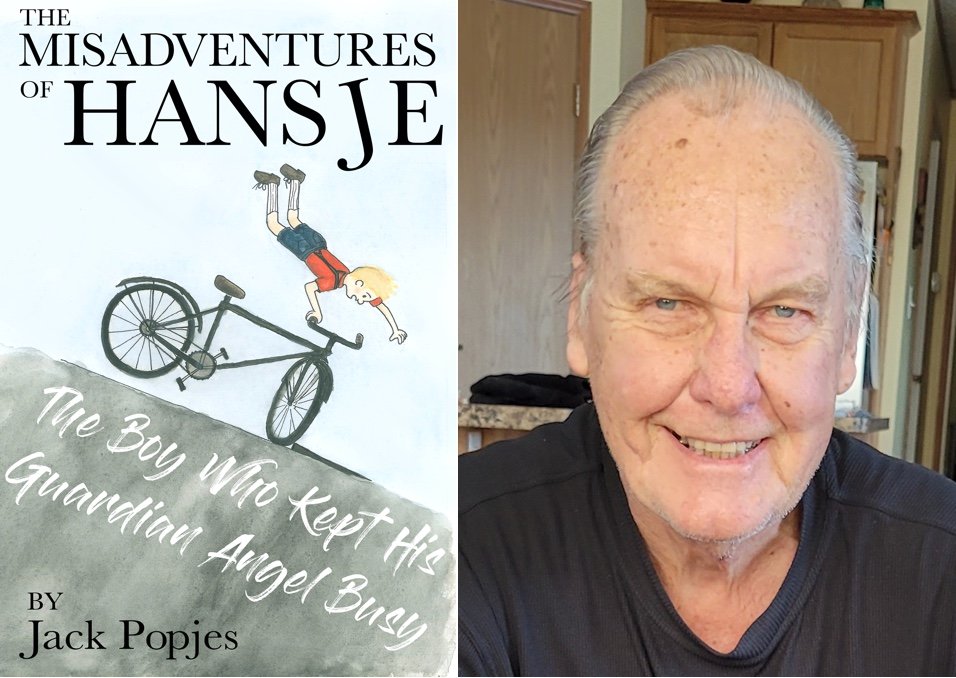Writing A Memoir
By Audrey Owen
For about a decade, writing memoirs has been a rage. Writing courses use memoirs as a tool and as a product. Families ask older members to write memoirs. Psychologists use memoirs to help clients understand their lives.
The French word memoire simply means memory. In literature, the memoir is a reflection on memory.
It is not an autobiography. An autobiography tells a life story from the point of view of the writer. A memoir explores the writer’s memory of other people or events. Although it is more than “important people who knew me,” that phrase helps me to remember what a memoir is. It is my reflection on the things or people that influenced me.
It is focused either in time or place. The autobiography spans a lifetime. The memoir narrows the view.
A powerful memoir consists of highlights that point out an underlying theme. The highlights are linked in a story form, similar to fiction, with an emphasis on why something happened or on a resolution to a problem. Meaning is paramount.
Although the memoir follows a story form, it has a particular voice. It should sound like the writer is speaking. The tone is balanced between formal writing and a strict recording of speech.
There are many approaches to writing memoirs. You may start with the theme and review your life, looking for support for your idea. Or you may list the facts of your life and cluster them under possible thematic headings. In both cases, some organization will help you to ensure you have used everything at your disposal.
Use a separate page to list important people, important places, important times, important emotions, jobs, hobbies, activities, service clubs, and any other facts that seem important in your life. Take time to reflect on each one. What does each mean to you? What lessons have your learned? What do you want to pass on? How does your remembered life link to the world today?
Take time to reflect on the lists you’ve made. Some people put each item on a separate note card and spread them out on a table or floor, arranging and rearranging them until they make sense. If you do this, you can color code items that fit particular themes. Save the cards you don’t use. They will make another book on another topic.
Be sure to research facts before you write. You may also need to research during and after your writing. Memories are fallible and you do not want someone to disregard the message of your book because you gave the wrong year or month for an event.
You will also want to be sensitive about whether and how you expose the weaknesses of others. Some memoirs require an exposé. Others can do their work without baring it all. Only you can decide how far to go.
Henry David Thoreau said, “What lies behind us and what lies ahead of us are tiny matters compared to what lives within us.” As you write your memoir you take what lies behind you, filter it through what lives within you, and inform what lies ahead for you and others.
If you have written a memoir, take advantage of the sample edit available here.

This is Jack Popjes and one of his published books. He and I worked on multiple projects. He's met many goals.
Meet your writing goals in 2023.
Free Newsletter
Sign up below for
Editor's Notes
Inspiration and Writing Tips
and receive tips
to maximize
your use of MS Word.
Click for more information
and archived copies...
Or sign up using the form below
to start your subscription right away.



